Tips to help diverticulitis
By naturopath Margaret Jasinska
Diverticulitis is extremely common, especially in people over the age of 50. Diverticulosis means the formation of abnormal pouches in the bowel wall. Diverticulitis means the pouches have become inflamed (this is usually caused by infection). It is estimated that half of all people over age 60 have diverticular disease.
Most people with diverticulosis don’t have any symptoms. Occasionally they may experience mild cramps, bloating or constipation. Diverticulosis is often discovered while a person is undergoing tests for something else. Many people first discover they have diverticula pockets in their bowel while they are undergoing a colonoscopy screening for colon cancer.
If the pouches become inflamed or infected, abdominal pain is the most common symptom, and it’s usually on the left side. Depending on the severity, some people also experience fever, nausea, vomiting and constipation. In very severe cases, diverticulitis can cause tears in the bowel that bleed, or blockages in the bowel. This can result in a medical emergency.
Conventional treatment usually consists of antibiotics, pain relievers, and a temporary liquid diet. Occasionally surgery is deemed necessary.
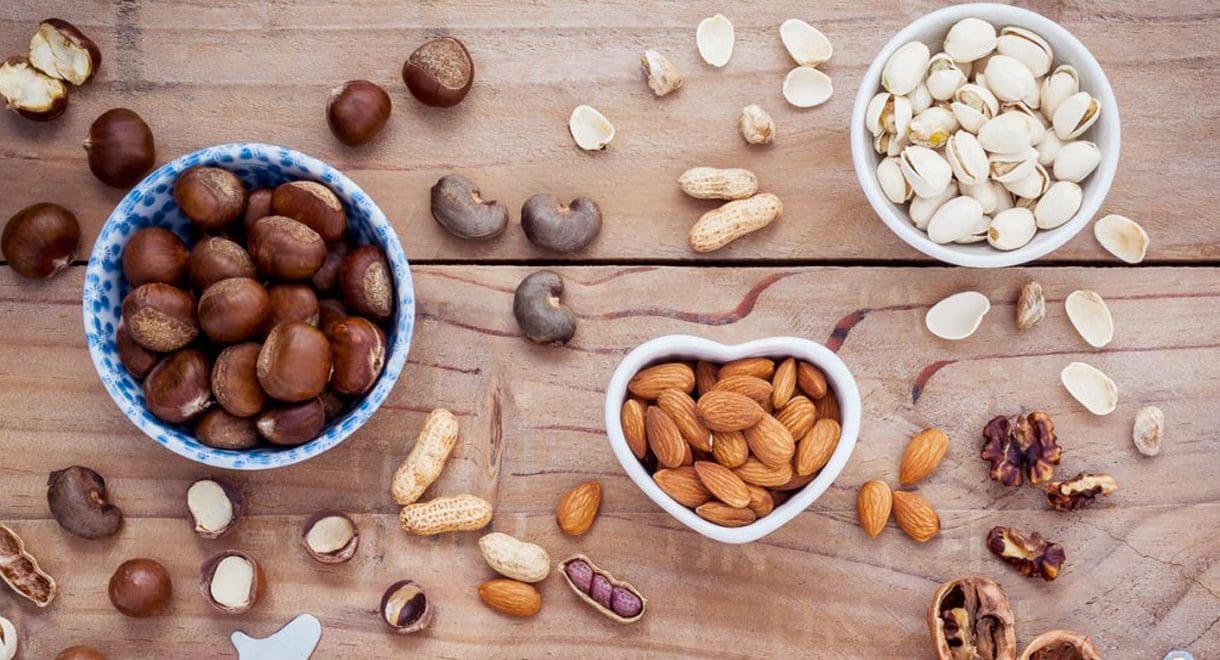

What causes diverticulitis?
What foods should be avoided?
If you have been diagnosed with this condition, your doctor has probably told you to avoid eating nuts and seeds. Is that really the best advice? A study published in the Journal of the American Medical Association titled “Nut, corn and popcorn consumption and the incidence of diverticular disease” found no evidence at all to support this recommendation.
The study followed more than 47,000 people who were aged between 40 and 75 years, for 18 years. Not only did this research fail to find a direct link between eating nuts, seeds and popcorn and bouts of diverticulitis, it actually found the precise opposite.
The more nuts, seeds and popcorn a person eats, the less likely they are to ever develop diverticulitis.
The study concluded with the statement that “The recommendation to avoid these foods to prevent diverticular complications should be reconsidered.”
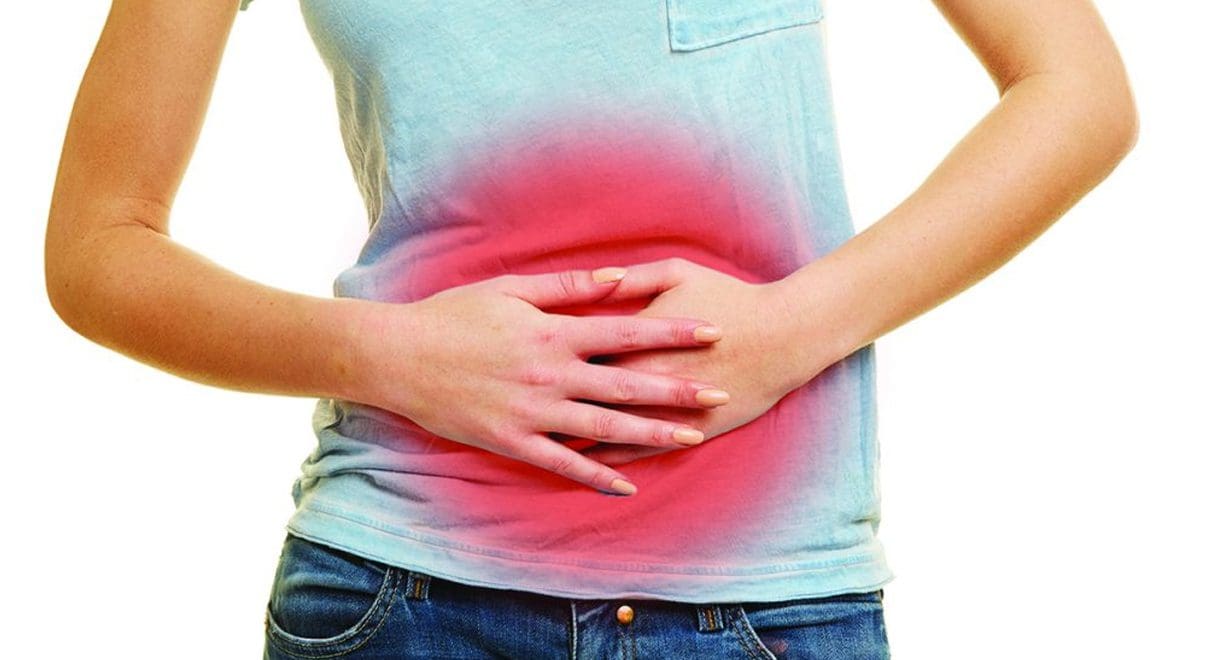

What does cause diverticular disease?
A long history of constipation and straining is the biggest risk factor for developing diverticulosis. Dry, hard stools and faecal impaction also increase the risk because they raise pressure in the intestines and the muscles of the colon have to work harder to try and push the faecal matter along.
Irritable bowel syndrome, small intestinal bacterial overgrowth and gluten intolerance are also risk factors. Basically having a history of digestive problems raises your risk of developing diverticula pockets in your colon as you get older. If those pockets become infected with bacteria, or if faeces becomes trapped in them, diverticulitis develops and this can progress to a serious bowel problem that requires surgery.
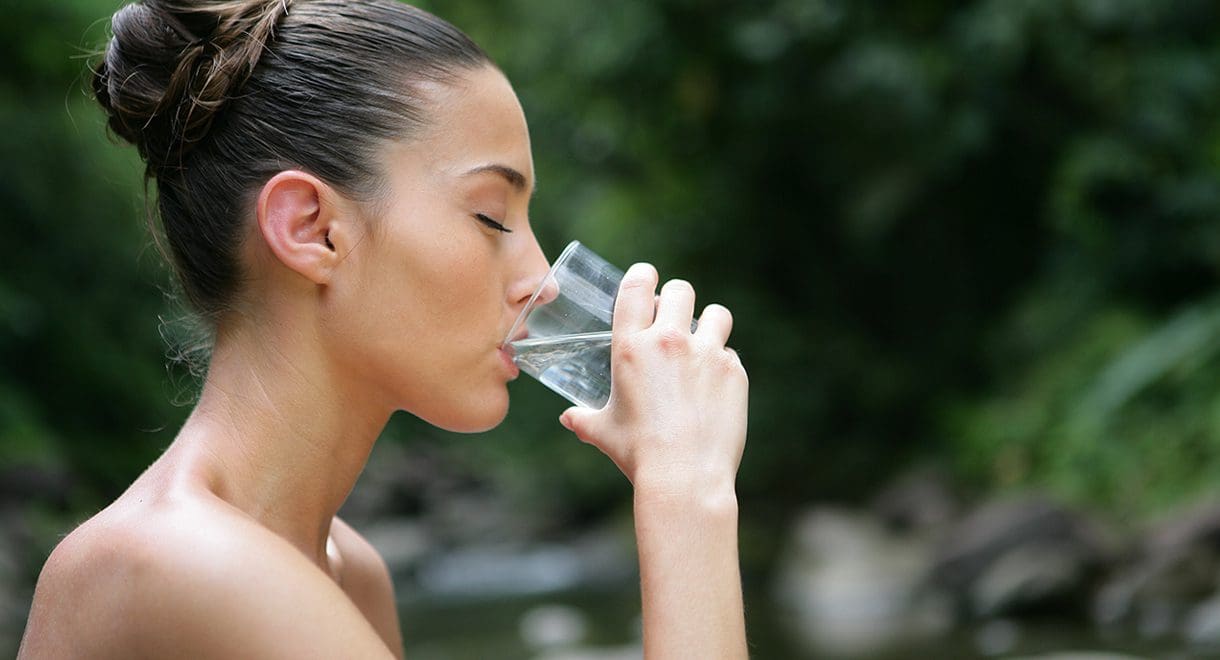

Recommendations for preventing and managing diverticulitis
- It is extremely important to have regular bowel motions which consist of soft stools. If the stool is hard, this will worsen the pockets and raise the risk of infection. People with a sluggish liver and poor gut health are prone to constipation, gas and irritable bowel syndrome. Dr Cabot’s 15 Day Cleanse helps address these problems by improving gut, liver and immune health.
- Make sure you drink between 8 and 10 glasses of water each day, or herbal tea. The tannins in regular tea can worsen constipation. Make sure you eat some fruit or vegetables at each meal. Prunes, nuts and seeds are also an excellent source of fibre. Make sure you chew them well and do not eat them during a flare up of diverticulitis. You might be better off grinding nuts and seeds into a fine powder. If you still struggle with hard stools, the gentle fibre in Fibretone powder should help. You can add 2 tablespoons to a smoothie, cereal, porridge, muffins, or just stir it into water or vegetable juice.
- If you have a history of irritable bowel syndrome, reflux, heartburn, bloating or gas, you are probably best off avoiding gluten. People with gluten intolerance or coeliac disease who continue to eat gluten have an increased risk of diverticulitis. I have found that avoiding gluten offers the vast majority of my patients with diverticulitis significant symptom relief and it reduces the risk of flare ups.
- Make sure there is a good balance between the good and bad bugs in your intestines. An overgrowth of harmful gut bacteria or fungi is incredibly common. It is very important to avoid developing a bowel infection, as this can lead to a medical emergency. Sugar and yeast can encourage the growth of bad bowel bugs. Eating fermented foods like sauerkraut, and consuming garlic and onion helps to keep bad bugs at bay.
- If you have an inflamed gut, drinking bone broth should help to reduce the inflammation and assist tissue healing because it is high in glutamine. You would also benefit from taking a glutamine powder supplement, because it is used as fuel by the cells lining your intestines (called enterocytes). It can help to keep your gut lining healthy and can offer symptom relief for individuals with diverticulitis.
- If you continue to experience digestive problems, you may have an intolerance to one or more foods. It can be difficult to detect the problematic foods, therefore it is best to see a naturopath or nutritionist.
Diverticulitis is a complicated condition, with several causes and aggravating factors. Hopefully these ideas will offer you some help. There is additional information in Dr Cabot’s book Healthy Bowel, Healthy Body.


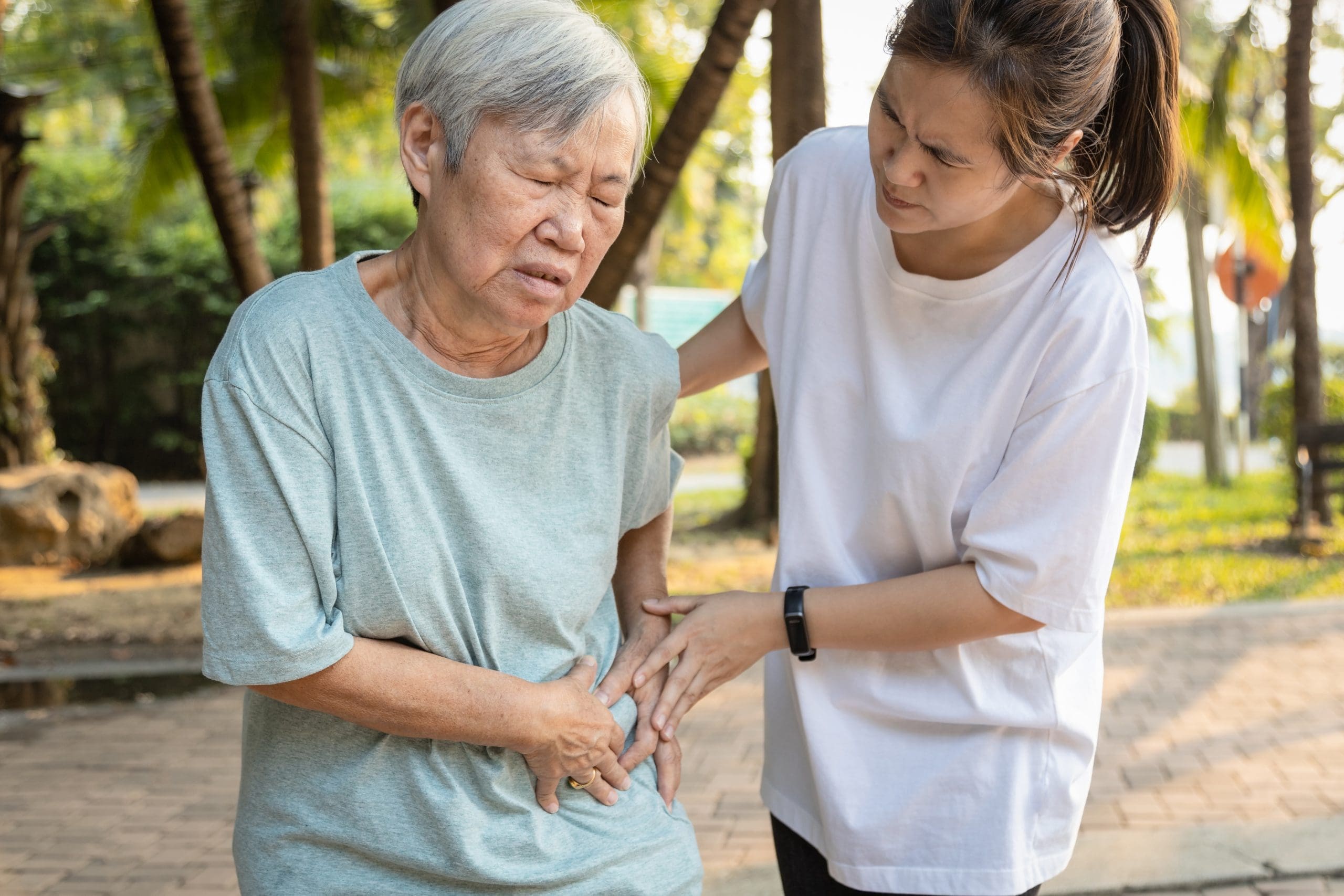
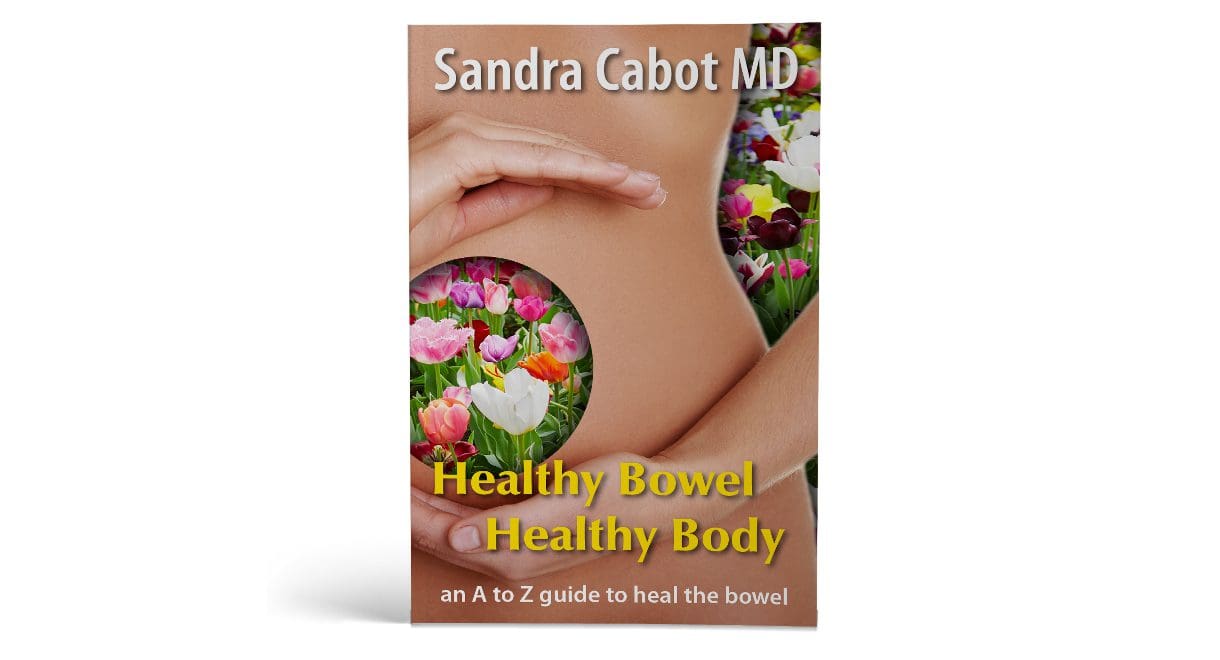



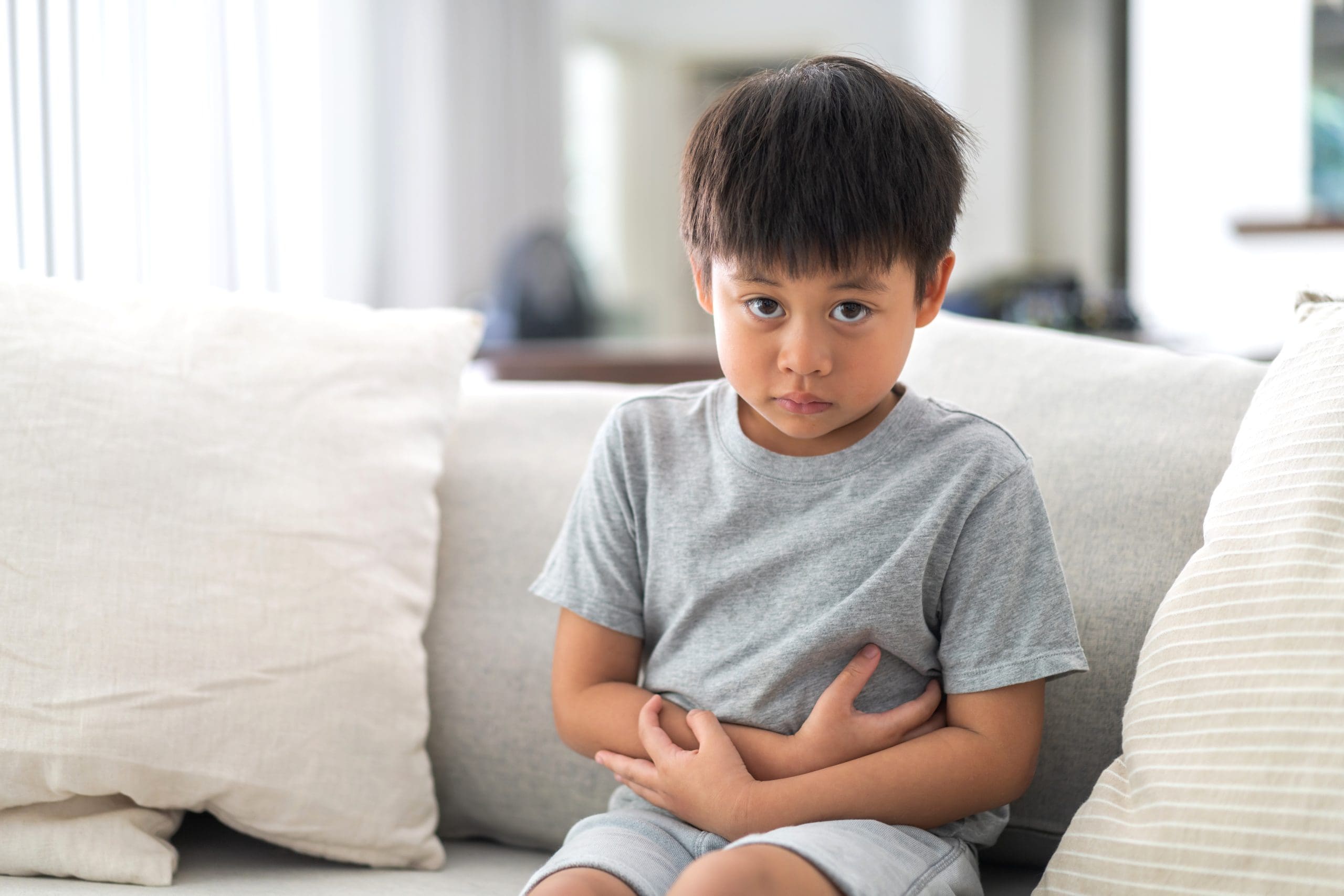
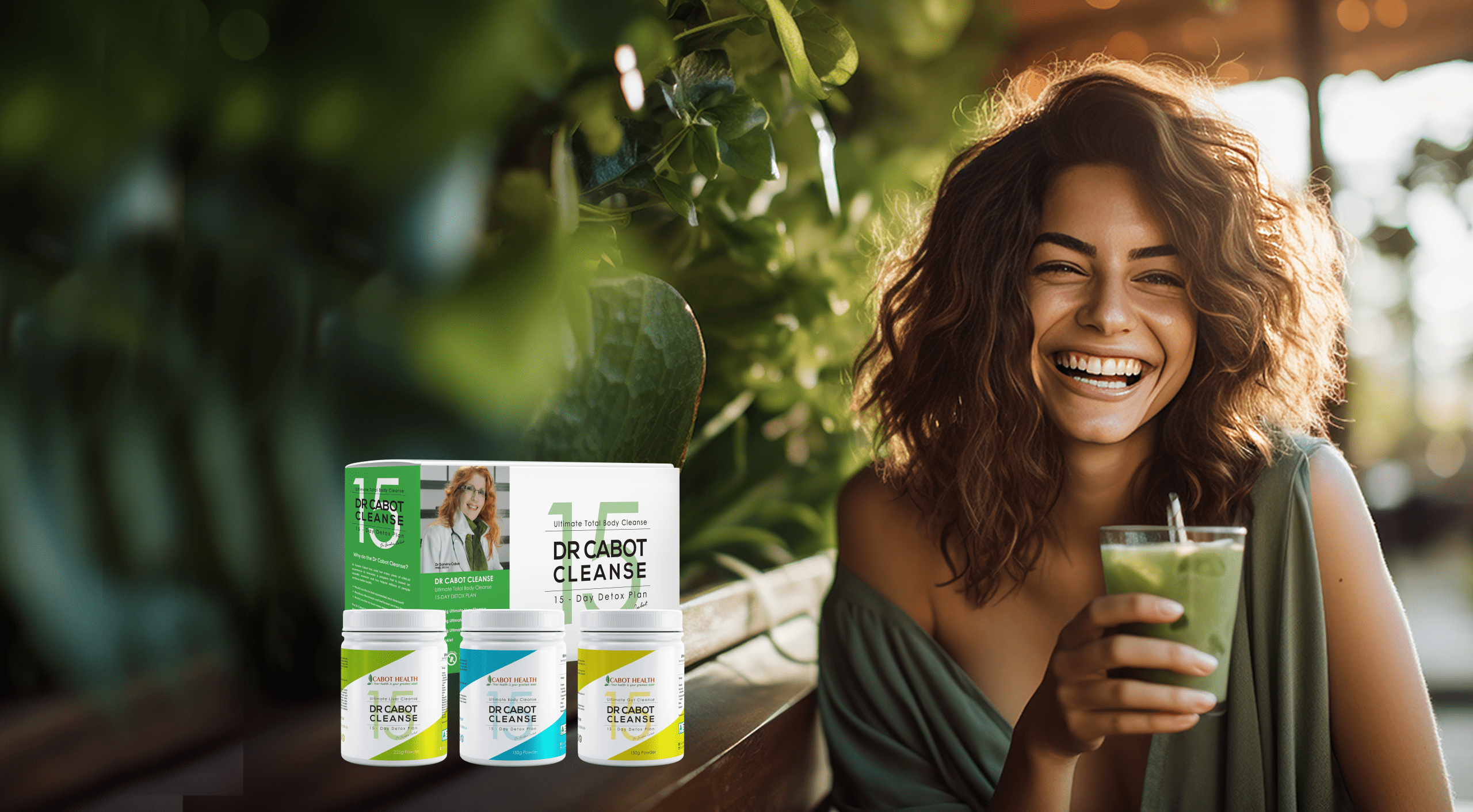
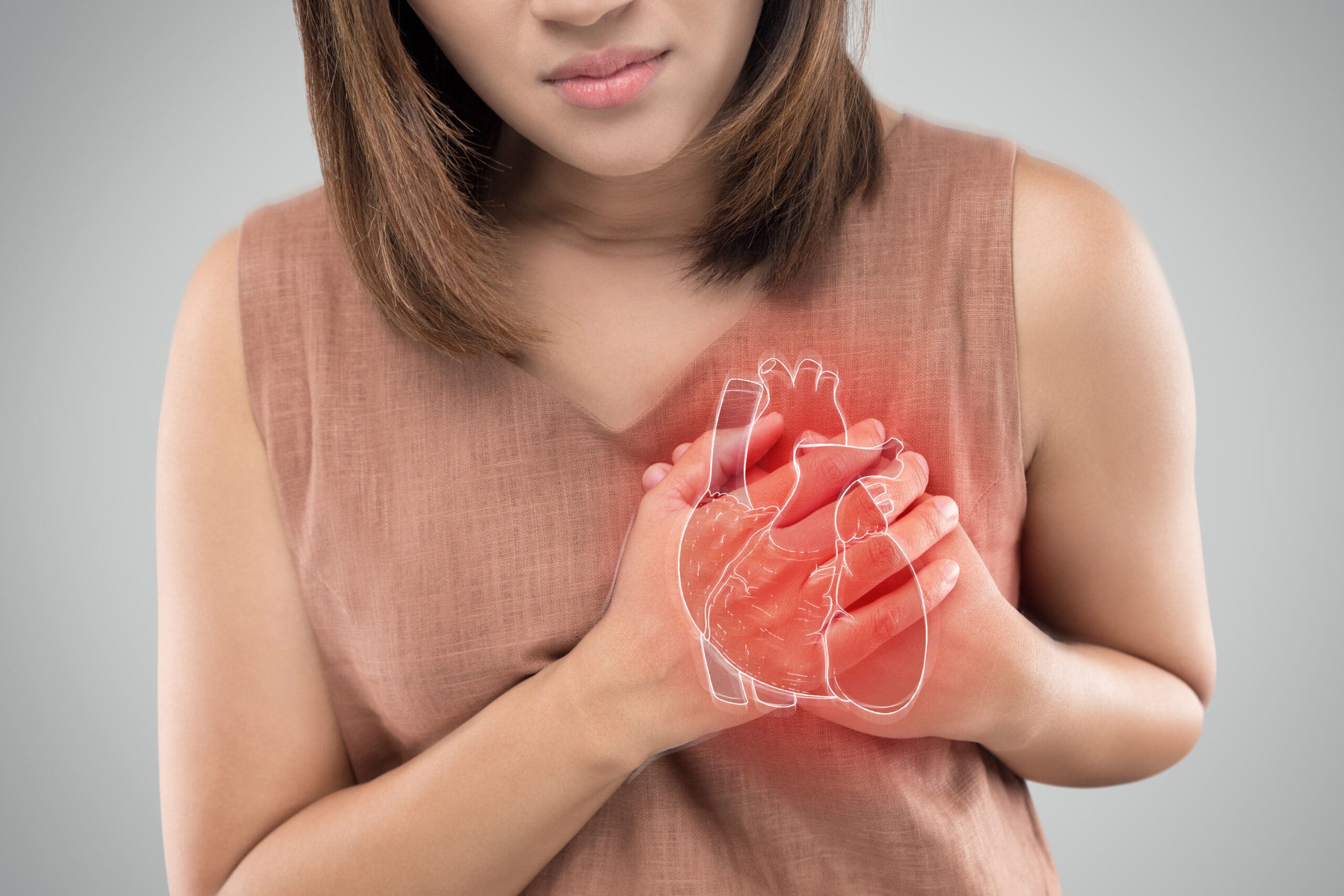
Leave A Comment